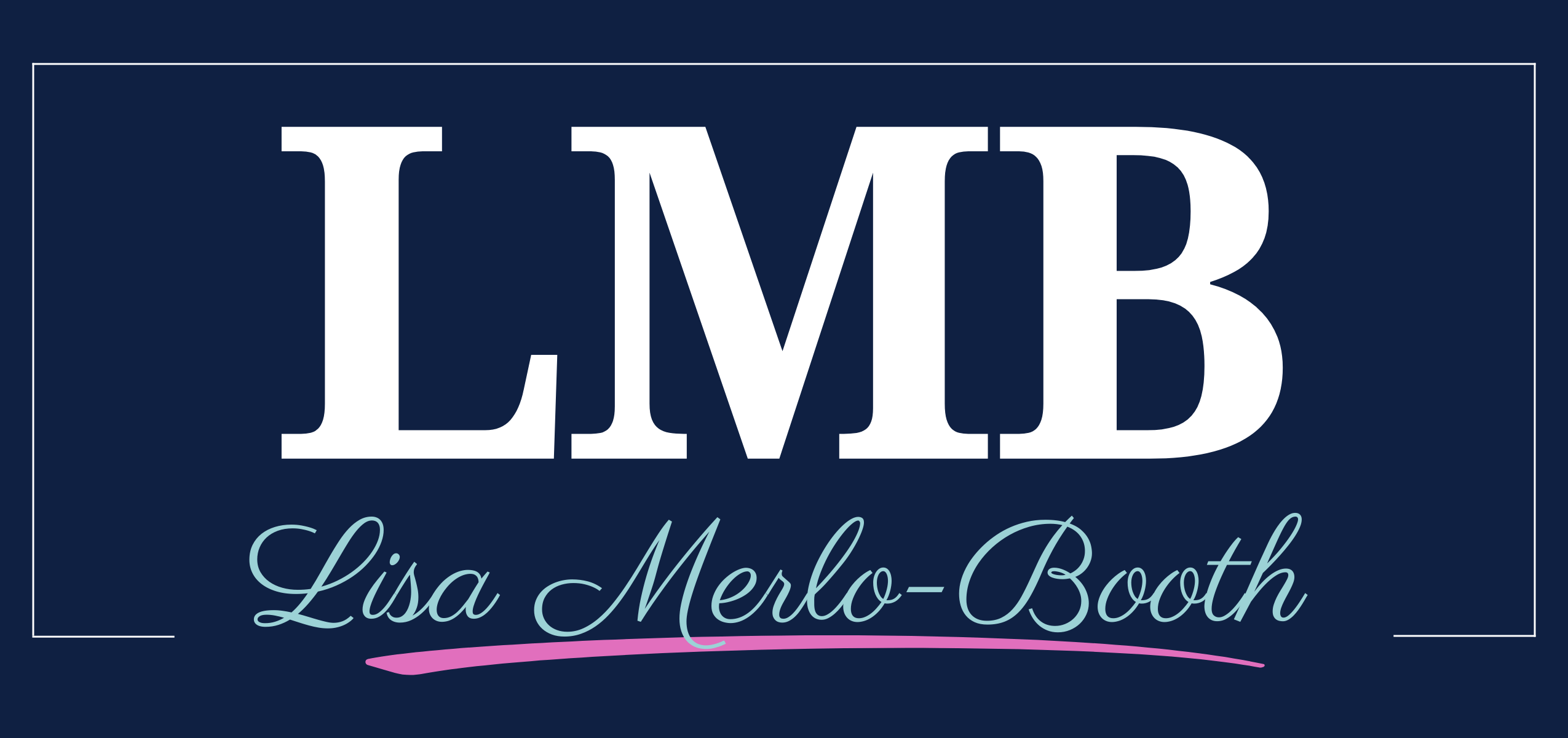
“The easy road looks great—until it costs you everything.” ~LMB
In my last post (A New Trend), I discussed how people—from spouses, to bosses, to world leaders—are doubling down on bad behavior by defending, justifying, and rationalizing it. Some of these people call this lack of accountability “powerful,” others find it “refreshing,” and still others see it as a necessary “anti-woke” shift.
As a result, you might find yourself embracing a lack of accountability in your own life—believing it makes you strong or protects you–while simultaneously being annoyed by the lack of accountability in others. Perhaps you’re unintentionally unaccountable and frustrated when others complain about your behavior. Or maybe you’re actually very accountable and tired of carrying the emotional weight while others dodge theirs.
Regardless of which group you fall into, the results are the same—harm.
What’s interesting is that very few people believe that they are unaccountable. Many people can’t tolerate being called out—even briefly. Their discomfort and quick defensiveness make it hard to see how often they brush off responsibility. But recognizing these brush-offs—in yourself or others—is vital for change.
My Tackling Defensiveness course starts tomorrow, and I can’t wait! And although registration is closed, I encourage you to start paying closer attention to accountability in your life. In a world where accountability is waning, it’s time to examine this pervasive issue head-on.
Here are five common unaccountable responses to watch for:
1. Misplaced blame.
Whenever someone says they did “X” because someone did “Y,” they are misplacing blame.
Example: “I had an affair because you were never home.” That’s not ownership—it’s misplaced blame.
Rule: The person who did the behavior is responsible for the behavior. Full stop.
2. Superficial apologies.
These apologies are meant to smooth things over quickly without genuine remorse.
Superficial apologies sound like:
- “I’m sorry you feel that way.”
- “I’m sorry if you were upset by that.”
- “I’m sorry that’s how you took it.”
These aren’t apologies. They are avoidance tactics. They ring insincere because they are.
Rule: Own your actions, sincerely acknowledge the impact, and repair the damage.
3. Seldom apologizing.
The phrase “Love is never having to say you’re sorry” is not only false—it’s toxic. Everyone makes mistakes. Refusing to acknowledge or repair them, makes you unaccountable.
Rule: When you make mistakes or your actions hurt someone—intentionally or not—apologize and acknowledge the impact.
4. Failing to repair the hurt.
An apology without action is empty.
Did you forget to get milk? Offer to go get it. If they say yes, then go get the milk—without complaining.
Forget the milk, or lose your temper or (fill in the blank) repeatedly? Apologize and change the pattern.
Rule: Fix the harm—with your words and actions. If you can’t undo it, make a plan to do better next time—and then do better.
5. Refusing to Talk About the Issue.
Shutting down someone’s upset because you’re uncomfortable—isn’t strength—it’s emotional fragility and stonewalling. There’s a big difference between taking a moment to get grounded and refusing to talk about hard issues.
Rule: All issues are valid and safe to talk about, regardless of who brings them up or the topic. If you’re struggling in the moment, take a break—and come back willing to re-engage in the conversation.
Being accountable is essential for healthy relationships, strong teams, and thriving cultures—no matter how many people claim otherwise. The shameless messaging that equates never admitting fault with being strong will eventually lead to deeply damaging outcomes.
Shrugging off your mistakes wreaks havoc in marriages, teams, companies, and nations. You can’t refuse to be accountable without feeling the hit of that choice. Over time, people stop asking, wanting, or trusting you to grow. Your emotional fragility trains them to give up.
Dare to trust yourself more. Trust that you can “adult”—because real adulthood requires accountability. No matter the amount of justification or rationalization erases the impact of your actions.
Every time you fail to acknowledge, own, and repair the hurt you’ve caused, you’re putting another nail in the coffin of your relationships, career, reputation, and integrity.
Be mindful of the path you’re choosing.
Challenge:
You’ll always find people who say that owning your mistakes is a weakness. They don’t, however, live with the damage unaccountability leaves behind—you do.
Real strength lies in taking responsibility, not running from it.
Own your actions. Step up. Find the courage.

